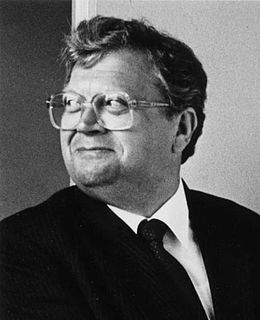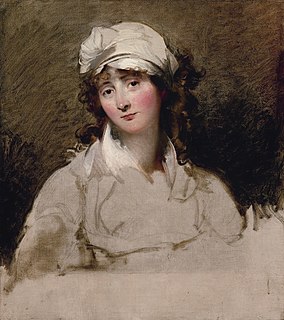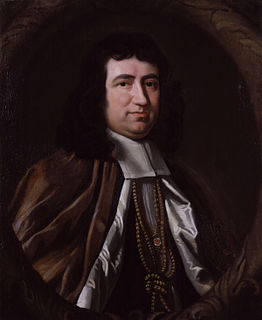A Quote by William Hazlitt
The least pain in our little finger gives us more concern and uneasiness than the destruction of millions of our fellow-beings.
Related Quotes
It is not contrary to reason to prefer the destruction of the whole world to the scratching of my finger. It is not contrary to reason for me to choose my total ruin, to prevent the least uneasiness of an Indian, or person wholly unknown to me. It is as little contrary to reason to prefer even my own acknowledged lesser good to my greater, and have a more ardent affection for the former than the latter.
Our nuclear free status is a statement of our belief that we and our fellow human beings can build the institutions which will one day allow us all to renounce the weapons of mass destruction. We are a small country and what we can do is limited. But in this as in every other great issue, we have to start somewhere.
The pre-scientific age, whatever its deficiencies, had at least offered its members the peace of mind that follows from knowing all man-made achievements to be nothing next to the grandeur of the universe. We, more blessed in our gadgetry but less humble in our outlook, have been left... having no more compelling repository of veneration than our brilliant, precise, blinkered and morally troubling fellow human beings.
Social media puts us inside our phones and our computers and our headphones, and we're not connecting so much with our outside environment. Even when people go to the Grand Canyon they're more concerned about the selfies than actually looking at the canyon. I see it with my own kids - the addiction to needing things fast, never pausing to just see what's around us and connect with our fellow human beings in real time.
Literature gives us models of living human beings who may not agree with us and even be our enemies. D. H. Lawrence said that the purpose of literature was to expand our sympathies. To be a human being is to be in a state of tension between your appetites and your dreams, and the social realities around you and your obligations to your fellow man. And this conflict cannot be easily reconciled. The tension is always there as a kind of a pain in the human condition.
The human heart is the first home of democracy. It is where we embrace our questions: Can we be equitable? Can we be generous? Can we listen with our whole beings, not just our minds, and offer our attention rather than our opinion? And do we have enough resolve in our hearts to act courageously, relentlessly, without giving up, trusting our fellow citizens to join us in our determined pursuit-a living democracy?
There is no better time than now, this very Christmas season, for all of us to rededicate ourselves to the principles taught by Jesus Christ. It is the time to love the Lord, our God, with all our heart – and our neighbors as ourselves. It is well to remember that he who gives money gives much; he who gives time gives more; but he who gives of himself gives all.
Conscience is a creator of meaning. As a sense of constraint rooted in our emotional ties to one another, it prevents life from devolving into nothing but a long and essentially boring game of attempted dominance over our fellow human beings, and for every limitation conscience imposes on us, it gives us a moment of connectedness with an other, a bridge to someone or something outside of our often meaningless schemes.


































